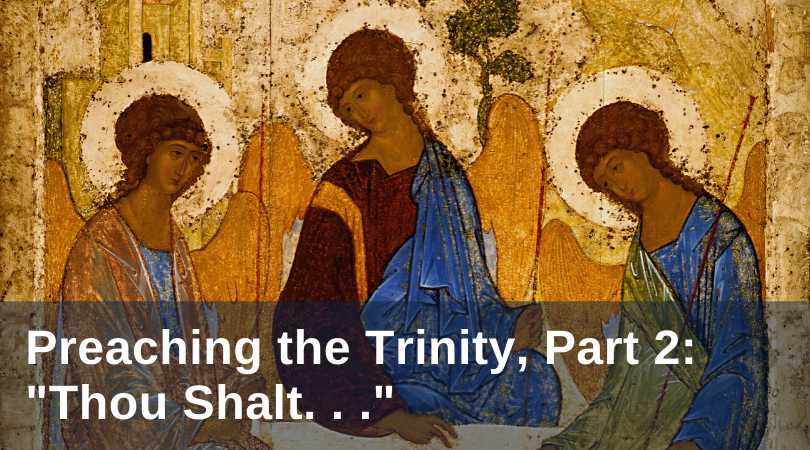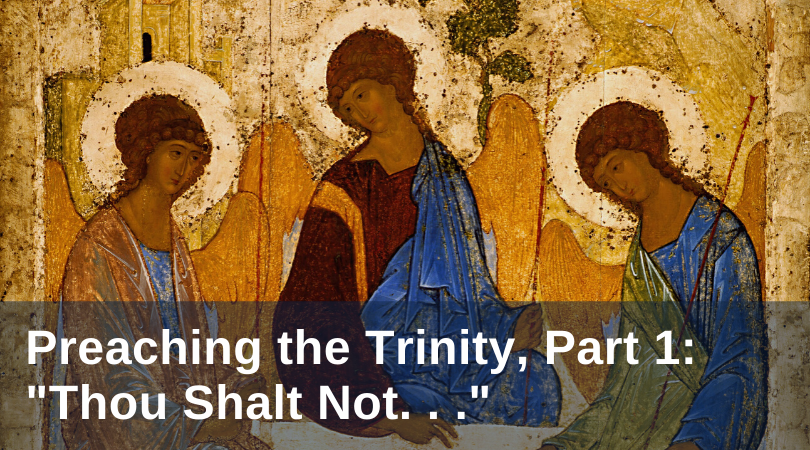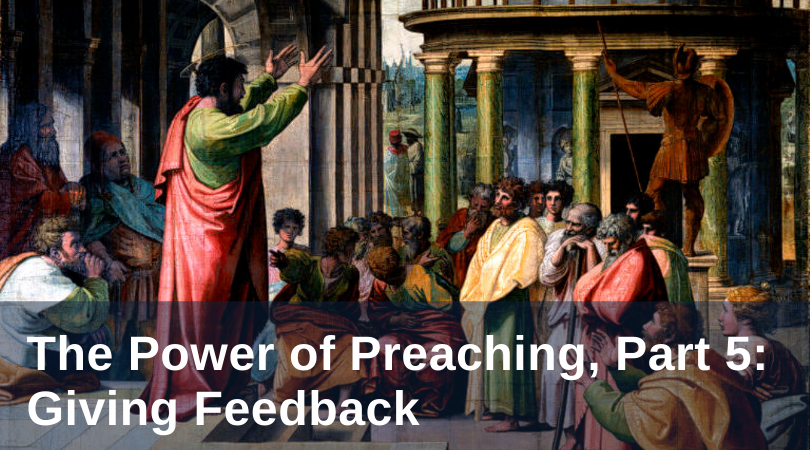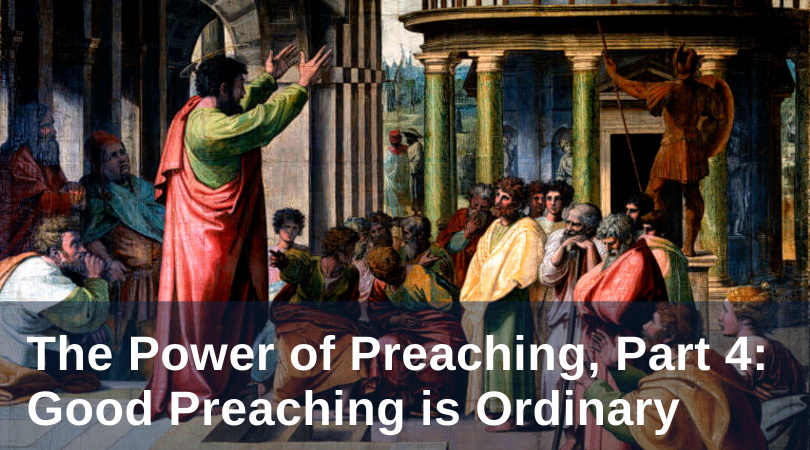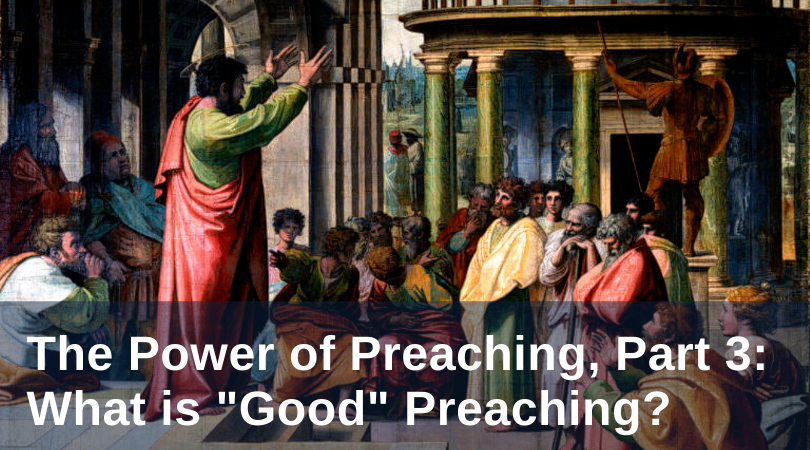In the first part of this series, I offered a “Naughty List” of preaching don’ts for Trinity Sunday. Below is the “Nice List” or “Thou Shalts” (or at least "shouldsts") for Trinity Sunday, along with some additional commentary.
Preaching the Trinity, Part 2: Thou Shalt . . .
Preaching the Trinity, Part 1: Thou Shalt Not . . .
The most dangerous day of preaching in the liturgical year is upon us: Trinity Sunday. The perennial danger is, of course, that the homily on this day becomes an occasion for trivializing or else utterly mystifying the faith into which Christians been baptized, the Creed we profess each week, and the Sign of the Cross with which we mark ourselves over and over again. Karl Rahner memorably quipped that if we dropped the doctrine of the Trinity, most Christians would not notice the difference. The typically bizarre to banal nature of preaching on “Trinity Sunday” tends to prove the point: the Trinity is reduced to something that must be mentioned once a year, but as if extraneous rather than absolutely central to the Christian faith.
The Power of Preaching, Part 5: Giving Feedback
Catholics shy away from talking about preaching. An elderly woman shuddered when she told me, “I couldn’t talk to Father about his homily!” One catechetical leader said, “There’s no conversation. It’s the elephant in the room . . . No one is willing to talk about it.” (Connecting Pulpit and Pew, 8). The subject of preaching is a difficult conversation.
Topics: homily, liturgy, preaching, formation, parish life
The Power of Preaching, Part 4: Good Preaching is Ordinary
The greatest preacher on earth sat down and began to teach: “There once was a sower who went out to sow. . .” Through ordinary words and images, Jesus wove a rich theology of spiritual receptivity through a metaphor that still changes lives. Everyday life is the springboard for effective preaching. “Good” preaching is deep and rich and ordinary.
The Power of Preaching, Part 3: What is Good Preaching?
In the previous installments of this series, I described preaching as a relationship that leads to an encounter with God. But what constitutes “good” preaching? Can it really change people’s lives? How we define “good” preaching affects both how preachers evaluate themselves and how listeners respond in feedback. If preacher and parishioner are to work together to renew Catholic preaching, then what does “good” mean?
Topics: homily, liturgy, preaching, evangelization, formation

